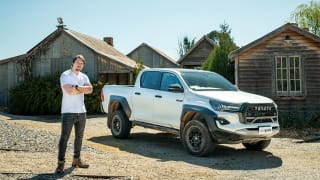
Trailer plugs, adapters and connectors: Everything you need to know
.jpg)
There are lots of safety issues to consider when towing and one of those is making sure that the electrical systems shared between your tow vehicle and trailer are ‘talking’ to each other and functioning correctly, from indicators and brake lights to electronically controlled trailer brakes, stability control systems and more.
All trailers, from small box or camper trailers to the largest caravans, horse floats, car or boat trailers, need to be electrically connected to their towing vehicles. In an ideal world, these connections would share a universal design to make life easy for all of us. However, in the real world there are several different types.
Read more about towing
Trailer connectors
The most commonly used trailer connectors in Australia are 5-pin, 7-pin and 12-pin plugs. The number of pins (the ‘male’ component) correspond with the number of wires they are connected to on your trailer. So, a 12-pin plug can perform more trailer functions than a 7-pin plug, which can perform more trailer functions than a 5-pin plug.
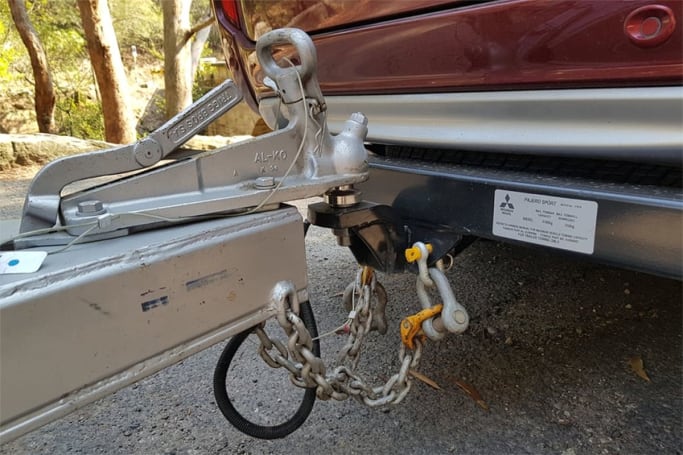
These pins are arranged in such a way that they line up with inserts in a ‘female’ socket mounted on the rear of the tow vehicle. Or in some cases, the female socket might be on the trailer and the male plug on the tow vehicle. Either way, if plugged in and wired correctly, the trailer will replicate the tow vehicle in responding to all of the driver’s commands.
However, this is where it can get confusing. 7-pin plugs and sockets are manufactured in both round and rectangular (flat) shapes and the round 7-pin comes in different diameters. And a flat 7-pin can be plugged into a flat 12-pin, but a small round 7-pin cannot be plugged into a large round 7-pin and so on. So, let’s try to simplify things.
5-pin trailer plug
This is the most basic trailer connection and not often seen these days given the limited functions it can perform. For example, you might find one still fitted to an older box trailer or similar. Round in shape, the 5-pin can perform simple trailer functions including a return to earth, left indicator, right indicator, brake lights and tail lights. You might also stumble across a round 6-pin in your travels, but like the 5-pin these are increasingly rare.
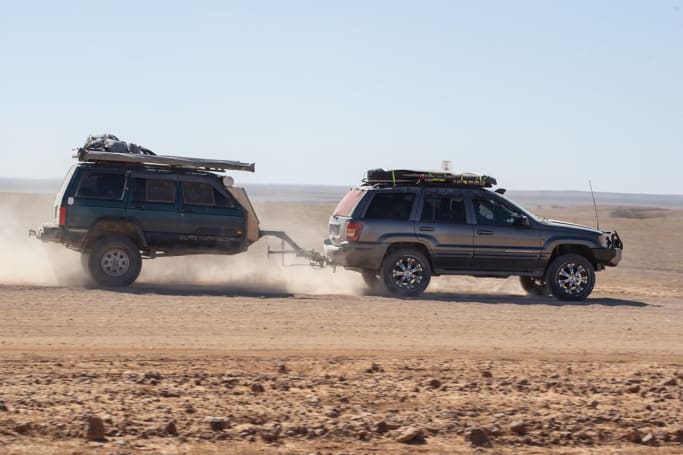
7-pin trailer plug
Two extra pins add two more trailer functions to the previous five including reversing lights and service brakes (electronic brake controller), so these plugs are usually the minimum required for trailers with a higher load rating than 750kg that require some form of trailer braking.
7-pin plugs are available in either round or flat and the round versions come in small and large sizes. The large size is usually specified for trucks and heavy machinery with greater lighting demands and therefore greater power supply without the connection overheating and potentially melting.
The fact that the 7-pin is available in both round and flat suggests strong industry demand for both shapes, but from our experience the flat is superior for two reasons.
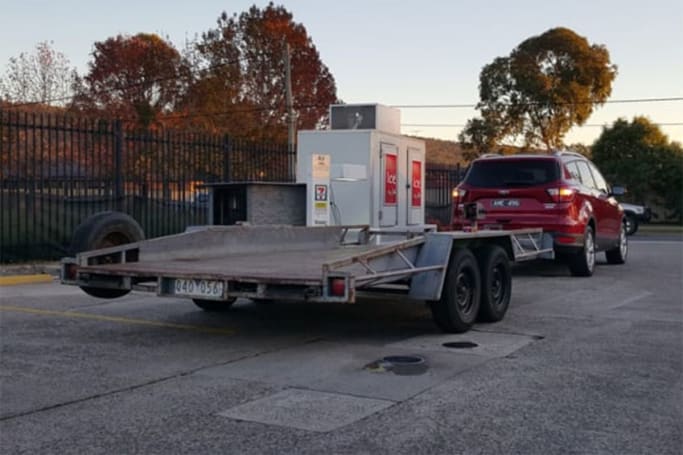
One is that there are different sizes of round 7-pin plugs being used in Australia with incompatible diameters and pin placements, which means none can be directly plugged into any of the others.
By comparison, all flat connectors share the same pin placements, which means they’re more versatile. For example, if a trailer is equipped with a flat 7-pin plug and the tow vehicle has a flat 12-pin socket, the 7-pin can be directly plugged into the 12-pin and still operate all of its seven trailer functions.
Some auto electricians also prefer the flat design because in their experience the wiring is less likely to be damaged than in a round design.
12-pin trailer plug
Available only in flat shape, this adds another five functions to those available with a 7-pin, for supplying power to various trailer accessories while driving. This could include, in a caravan for example, a fridge, rear fog lamp, reversing camera and breakaway battery monitor. Some caravans and trailers are equipped with electronic stability control systems, which can also be accommodated with a 12-pin plug.
Anderson plug
Named after its US inventor, the Anderson plug is a high-continuous-load design recommended for charging a battery in your trailer or caravan while driving.
According to Accelerate Auto Electrics and Air Conditioning, a 12-pin connector can also be used for this task, but they don’t recommend it: “The power that is fed into the plug to charge the batteries is generally more than a 12-pin plug can handle. We regularly see melted 12-pin plugs when people charge the batteries via them.”
The Anderson plug is available in different colours and power ratings, with each colour having a unique keyway that makes it impossible to plug one colour into another. This ensures that you will always make the right connections, even if you’re colour-blind.
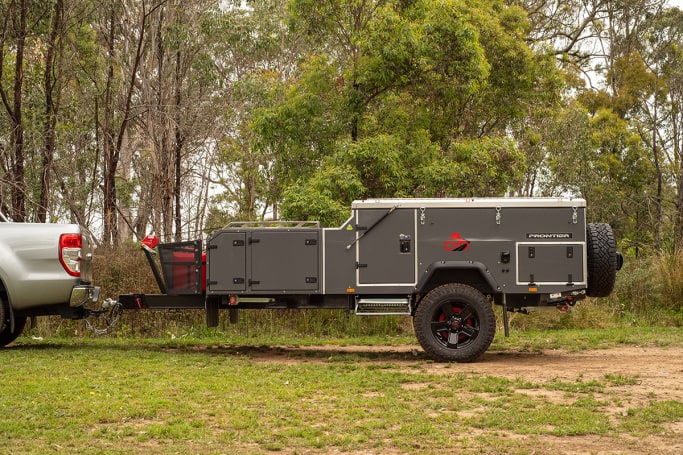
Trailer adapters
So, what happens if you’ve bought a caravan or other type of trailer and discovered that its plug is not compatible with your tow vehicle’s socket? For example, the trailer has a round 7-pin plug and your tow vehicle has a flat 7-pin socket?
These mis-matches are common, which is why automotive parts retailers offer a wide range of trailer adapter plugs designed to solve these problems. They are relatively inexpensive (under $50) and cover a multitude of round-to-round and round-to-flat connections which are too numerous to list here.
Needless to say, these handy devices can only work if their wiring is compatible with the wiring of the plugs and sockets at each end. So, if you plug in your adapter only to discover that your trailer and tow vehicle still won’t talk to each other, and you don’t have the personal knowledge/skills to chase it further, you need to call in a professional.

A bright spark
The best investment you can make in ensuring safe and trouble-free electrical performance when towing is through a reputable and accredited automotive electrician, who can advise on the best plugs and sockets for your requirements and ensure high quality installation.
This can include tracing and replacing faulty vehicle or trailer wiring, fuses etc and installation of other trailer connections if required, like Anderson plugs and electronic brake controllers.
They can also ensure that wiring for trailer and tow vehicle are fully compatible, because caravan/trailer manufacturers can often wire their plugs differently. Getting this sorted from the start can eliminate any potential problems down the road.
And if you’re replacing your trailer connectors, it’s always best to fit new components. They are relatively inexpensive and the small amount you might save on used ones could end up costing you more in the long run if they fail (loose connections, corrosion etc) and trigger bigger problems, particularly if your trailer brakes or stability control systems become inactive.








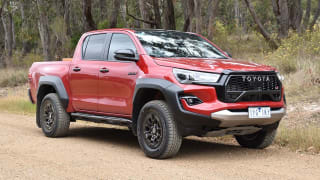

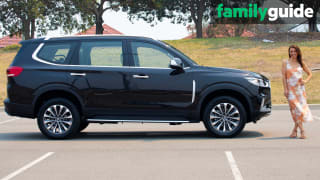
Comments